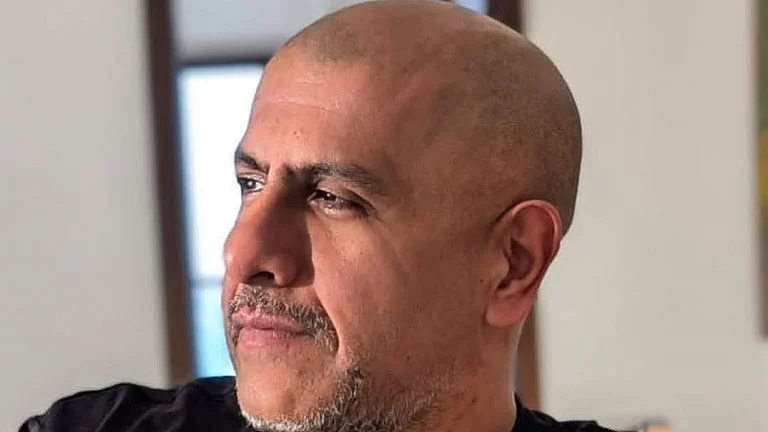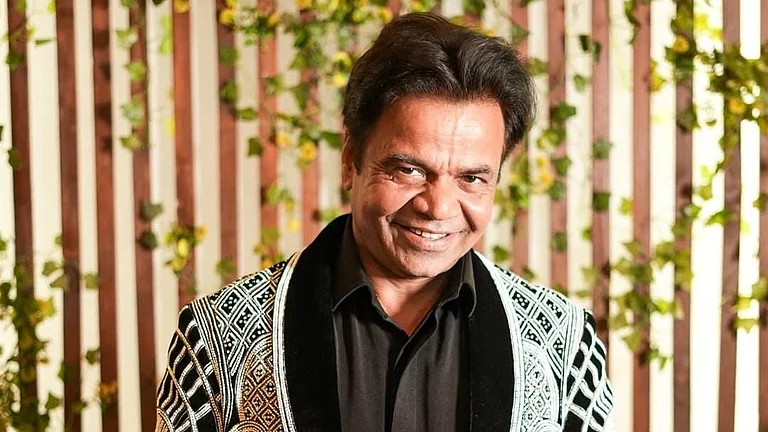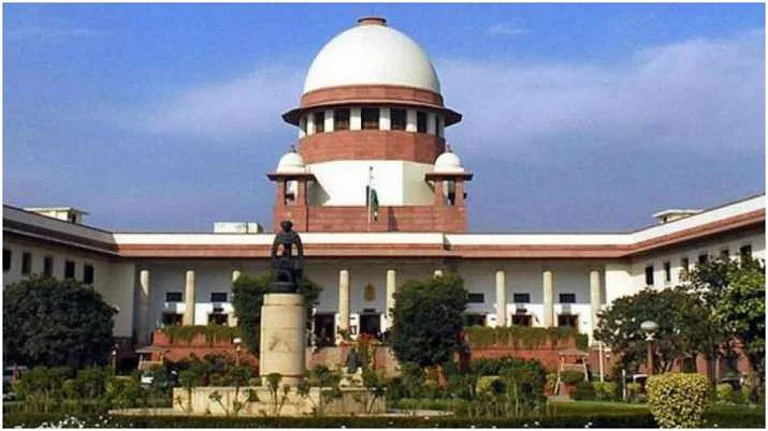
Summary of this article
The court will decide whether properties declared as waqf can be denotified and whether waqf boards should include only Muslims apart from ex officio members.
The government defends the Act as constitutional and secular, while petitioners argue it departs from historical and legal principles to capture waqf assets.
The ruling follows a detailed hearing involving arguments from both sides and extensive documentation, with the Act backed by a parliamentary majority.
The Supreme Court is scheduled to pronounce judgment on its interim orders on three key issues, including the power to denotify properties declared as "waqf by courts, waqf-by-user or waqf by deed" on September 15, which cropped up during the hearing of pleas challenging the validity of the Waqf (Amendment) Act, 2025.
Chief Justice B R Gavai led a bench that heard both parties in the waqf case and reserved the interim orders on these matters on May 22.
According to PTI the cause list from September 15 that was posted on the website of the Supreme Court states that the court will issue its ruling in this case.
The Waqf (Amendment) Act, 2025's authority to designate properties as "waqf by courts, waqf-by-user, or waqf by deed" is one of the concerns.
The bench heard arguments from Solicitor General Tushar Mehta, representing the Center, and counsel representing individuals contesting the modified waqf law over the course of three days before reserving the interim order.
PTI reported that the petitioners requested a stay on three concerns that the bench had previously identified in order to grant interim orders.
In addition to denotification, petitioners have questioned the makeup of the Central Waqf Council and state waqf boards, arguing that only Muslims, with the exception of ex officio members, should serve on these bodies.
The third concern concerns a clause that states that when the collector investigates whether a waqf property is government land, it will not be considered a waqf.
With the "presumption of constitutionality" in favor of the Act, the Center vehemently supported it, arguing that waqf was a "secular concept" by definition and could not be stopped.
Furthermore, it stated that while waqf was an Islamic notion, it was not a necessary component of Islam.
The petitioners, led by senior attorney Kapil Sibal, characterized the bill as a "complete departure from historical legal and constitutional principles" and a way to "capture waqf through a non-judicial process."
In a preliminary 1,332-page affidavit submitted on April 25, the Union Ministry of Minority Affairs defended the modified Waqf Act of 2025 and objected to any "blanket stay" by the court on the grounds that a "law having presumption of constitutionality passed by Parliament" was constitutional.
The Waqf (Amendment) Act, 2025, was notified by the Center on April 5 following President Droupadi Murmu's approval.
The bill was cleared by Lok Sabha with the support of 288 members while 232 MPs were against it. The Rajya Sabha saw 128 members voting in its favour and 95 against it.
























